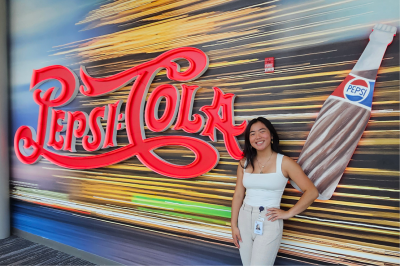CETEMS - Student Resources
Student Clubs and Organizations
Along with student organizations available at the university level, the College of Engineering Technology also offers a variety of student focused clubs, organizations and activities for you to consider getting involved in! Many of our student clubs allow you to apply directly what you learn in the classroom to projects and activities with your classmates in fun, relaxed settings. Here are some of the college’s student clubs: https://www.rit.edu/engineeringtechnology/clubs
Technical Information and Support
Below you will find important information to help you along as you work your way through your courses. Feel free contact us via E-mail, at kpgiee@rit.edu for Ken Garland (our Facilities Manager) or mjgcet@rit.edu for Mike Good (our Systems Administrator), or pay the office a visit at GOL-1140.
See our wiki for the latest computer recommendations:
Access to labs in rooms 82-2165 require you to register your ID for swipe access. Visit the CETTech wiki site to do so.




